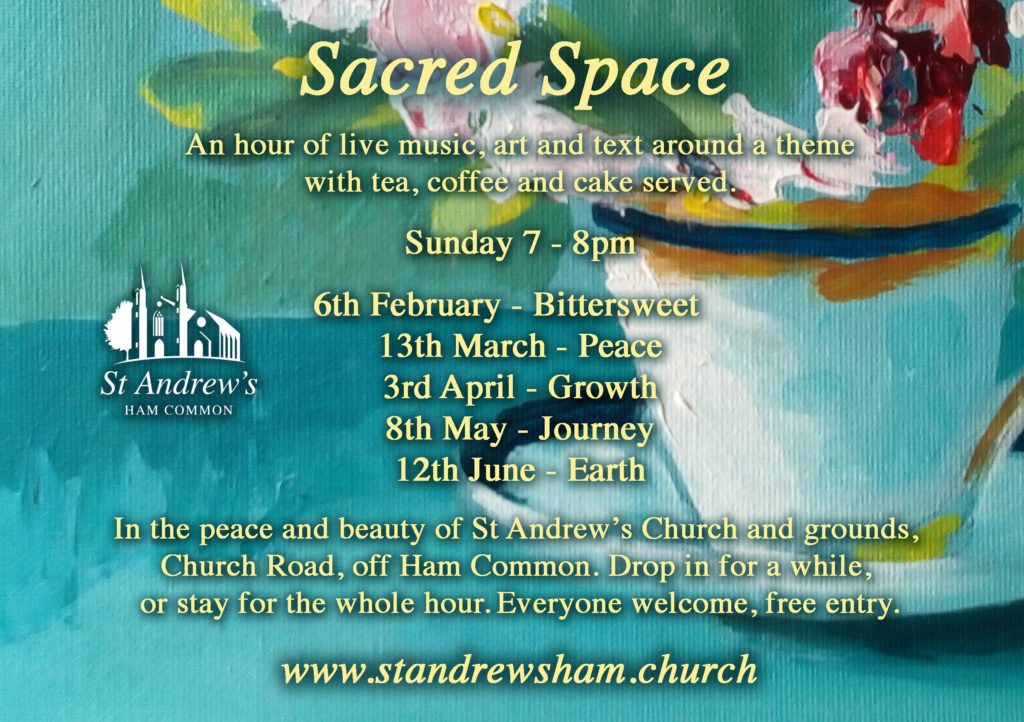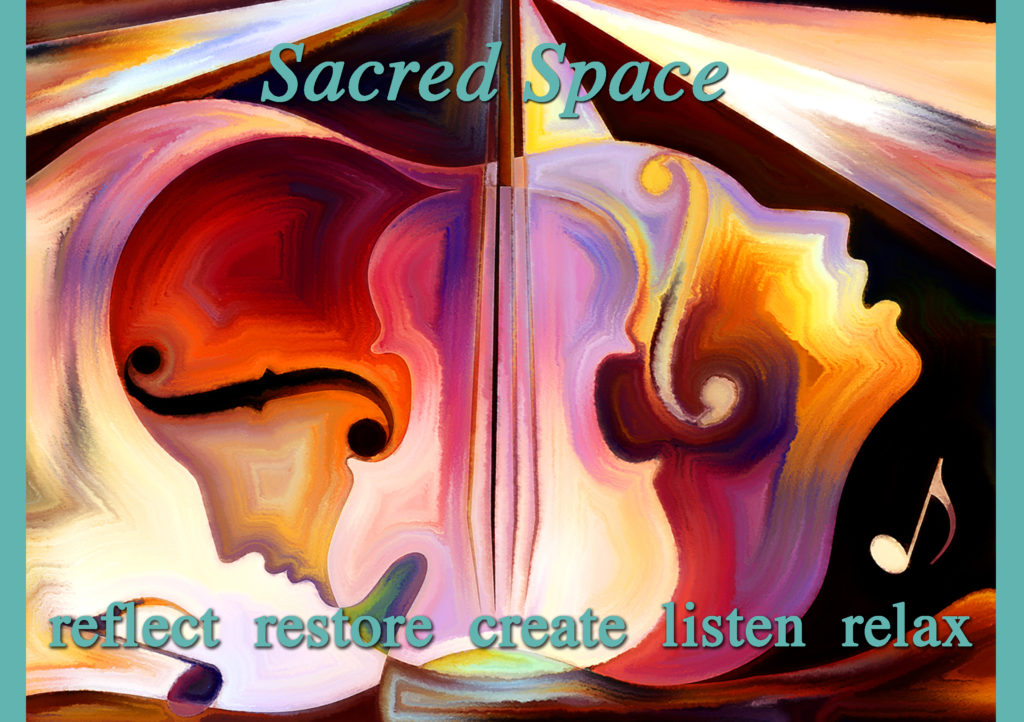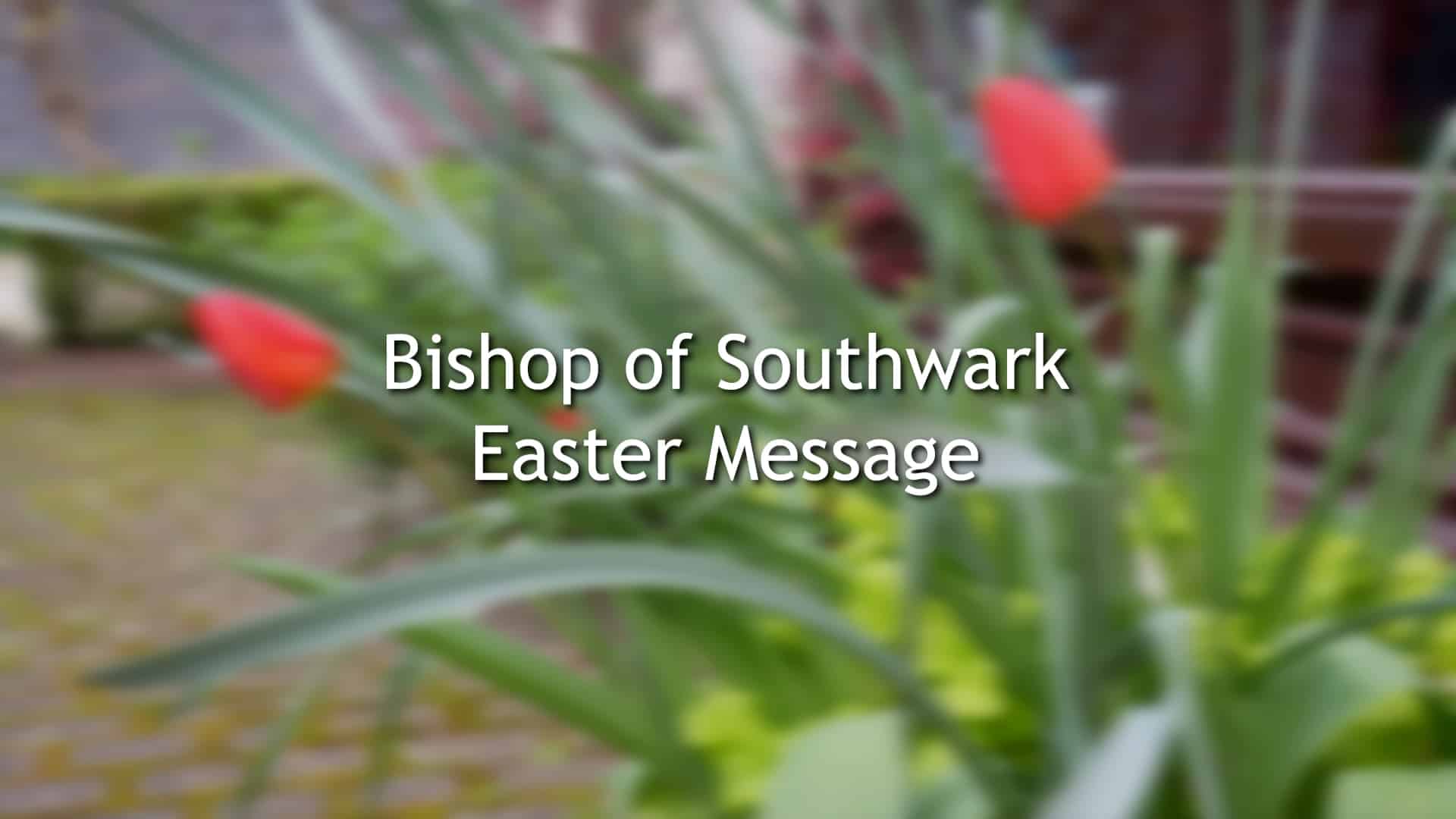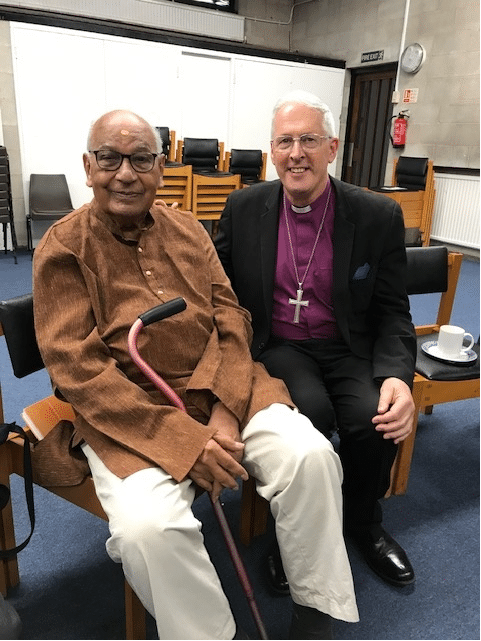It was at a junction in my life a few years ago that an old friend told me her hunch that my future direction might involve music. At the time I was dismissive. However, being a lay pioneer is about being who I am, and I had to admit a consistent love of music.
God had always spoken to me through music – it could unlock my emotions, thaw out anger or disbelief, take me to sublime places, and help me make sense of the colours of mood I experience. Moreover, every time I had played my flute or sung in churches or concerts over decades, there never failed to be someone who came to me afterwards to say how much it had moved them.
Based on these two things, I began to imagine a gathering of people experiencing the power of music together. I was imagining a deep immersive experience, one so beautiful that people could not fail to be touched, a place where people could find themselves and connect with others, and therefore find God their Creator nourishing them in some way. It was a vision of togetherness and hospitality.
I needed a space which was big and roomy enough to match this vision- of welcoming and gathering people, encouraging them to participate and feel at home. I imagined an enlarged living room, a comfortable space where friends hang out, and take it in turns to play their instruments or sing or say something. What after all is a ‘sacred space’ if not a place where we feel special, loved and at home?
The fixed Georgian box pews and tiny space in my own ancient church did not allow for this vision. So I shared it with Alice Pettit, vicar of St Andrews- a church hidden amongst trees in the woods near Richmond Park, with a big beautiful inner space. Alice and Jenny a longtime parishioner graciously greeted the idea with enthusiasm, adding in their ideas of running a café with tables, candles and craft alongside the music on a Sunday evening.

We started in September and grown each month. In February we had over 100 attend, including 15 primary school children and 20 adults from different parts of the community singing in Norwegian composer Ola Gjeilu’s The Rose. We sometimes have a string quartet. I choose beautiful non-churchy music that has inspired me, and hope that we can manage it with minimal rehearsal the day before. It is always experimental and responsive to who is around including partnership with local schools. Once we invited Maryam, a young Iranian women who had just been granted asylum to speak about ‘belonging’ and treat us to Iranian sweets.
The format is carefully crafted to avoid a ‘concert’ atmosphere: people arrive around 7pm and directed to the café and craft table; a sheet with a poem and bible verse explains that everything happens in parallel. At 7.10pm, we perform the main segment of live music during which people can choose to socialise, eat, walk around or sit. There might be a discussion corner on the theme in a musical break and the music is performed again at 745-8pm.
Sacred Space is intentionally informal. It is ‘neither a service nor concert’, a phrase that seems to alleviate the fears of some whom I invite; nothing is expected of them, and they don’t have to ‘do’ anything, or even stay! Many of those who come including musicians do not go to church, and they bring their families and friends. There is a buzz of conversation and lots of positive comments and experiences shared afterwards. People from all three churches in the area visit, and many connections are being made.

This is an experiment and is not without challenges. One is for the whole church community to value this alternative use of church space: a large team of volunteers is needed to help sustain the hospitality each month. Secondly the work of daily inviting the people we know must be taken seriously. Only then will it begin to represent the community. There is room for aromatherapists, environmentalists, yoga practitioners, poets and artists to practice their craft alongside the music.
This leads to a more fundamental point: Sacred Space will only be sustainable long term if it becomes a space shaped, owned and valued by those who participate in it. My hope is that long term this is what happens and that we learn to be an active partner of the community. Imagine the community setting the agenda, whilst the church continues to host. The theology is simple: God in us meeting and greeting people and letting them be who they are.
Find out more about Pioneering Ministry at southwark.anglican.org/pioneering.






